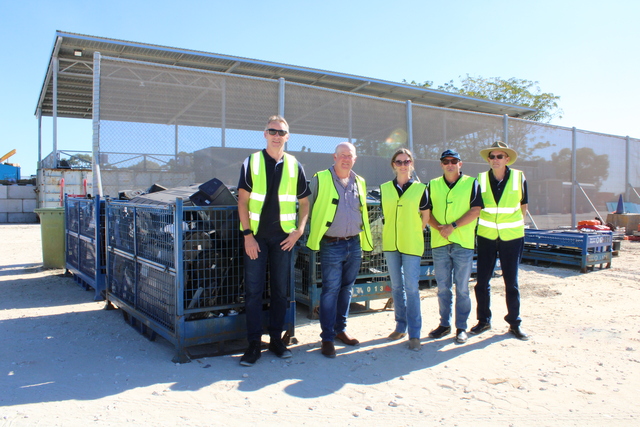The UK Experience by Malcolm Morley *
Anti-social behaviour is a growing problem in many parts of England. If effective action isn’t taken it can lead to the decline of neighbourhoods and communities. While the quality of life of all can be affected it particularly affects the quality of life of vulnerable people through the fear of anti-social behaviour and the long term effects of suffering from it. People can feel trapped in their own homes.
Differences in definition, measurement and recording by different agencies make it difficult to draw together data on anti-social behaviour at both national and local levels. It is clear, however, that anti-social behaviour, and the fear of anti-social behaviour, is increasing.
The Chartered Institute of Environmental Health Officers reports that complaints about neighbours have risen by 50 per cent since 1993.
To tackle the issues above Harlow Council has played the leading role locally in forging partnerships with key agencies such as the Police, the health sector, social services, the Fire and Rescue Service and education sector. It has also become a leading Council nationally in its method of tackling anti-social behaviour through a more balanced approach to prevention and the enforcement of legislation.
Council’s leading role was recently recognised by a visit from the Prime Minister and its appointment as an Action Area for Anti-Social Behaviour. The Prime Minister visited Harlow, toured an area where anti-social behaviour had been tackled successfully and spoke to residents who had suffered from it. Harlow’s approach is very much based upon partnership working and ensuring that the issue of anti-social behaviour is not addressed in isolation.
Anti-social behaviour is seen as part of community safety that the Council has defined as: A coordinated approach to increasing the quality of life for individuals and communities through reducing crime, reducing the fear of crime, reducing anti-social behaviour, improving the safety and hygiene of the environment and improving the engagement of local people in improving the quality of life of their communities.
Enforcement action using Anti-Social Behaviour Contracts and Orders is seen as a last resort.
The causes of anti-social behaviour, using a problem solving approach, are identified and the appropriate agencies engaged to try to prevent those causes by working with individuals, families and groups.
Where this is not successful, or where urgent action is required, enforcement action is taken. Key to this is the partnership with the Police. Close working arrangements have been developed with the Police to ensure that information is shared. Trend identification and joint learning enables best practice to be continually evolved.
The Council and the Police are jointly funding Police Community Support Officers to increase the presence of people working within communities to tackle anti-social behaviour. Council has found that the key to achieving sustainable improvements in anti-social behaviour is supporting communities and individuals to tackle it locally.
There is still much to be done and all agencies have roles to play to ensure that organisational barriers do not prevent communities receiving a joined up approach that includes them.
* Malcolm Morley is Chief Executive of Harlow District Council and can be contacted via the Editor, email info@lgfocus.com.au
The views expressed in this article are not necessarily those of his employer.







